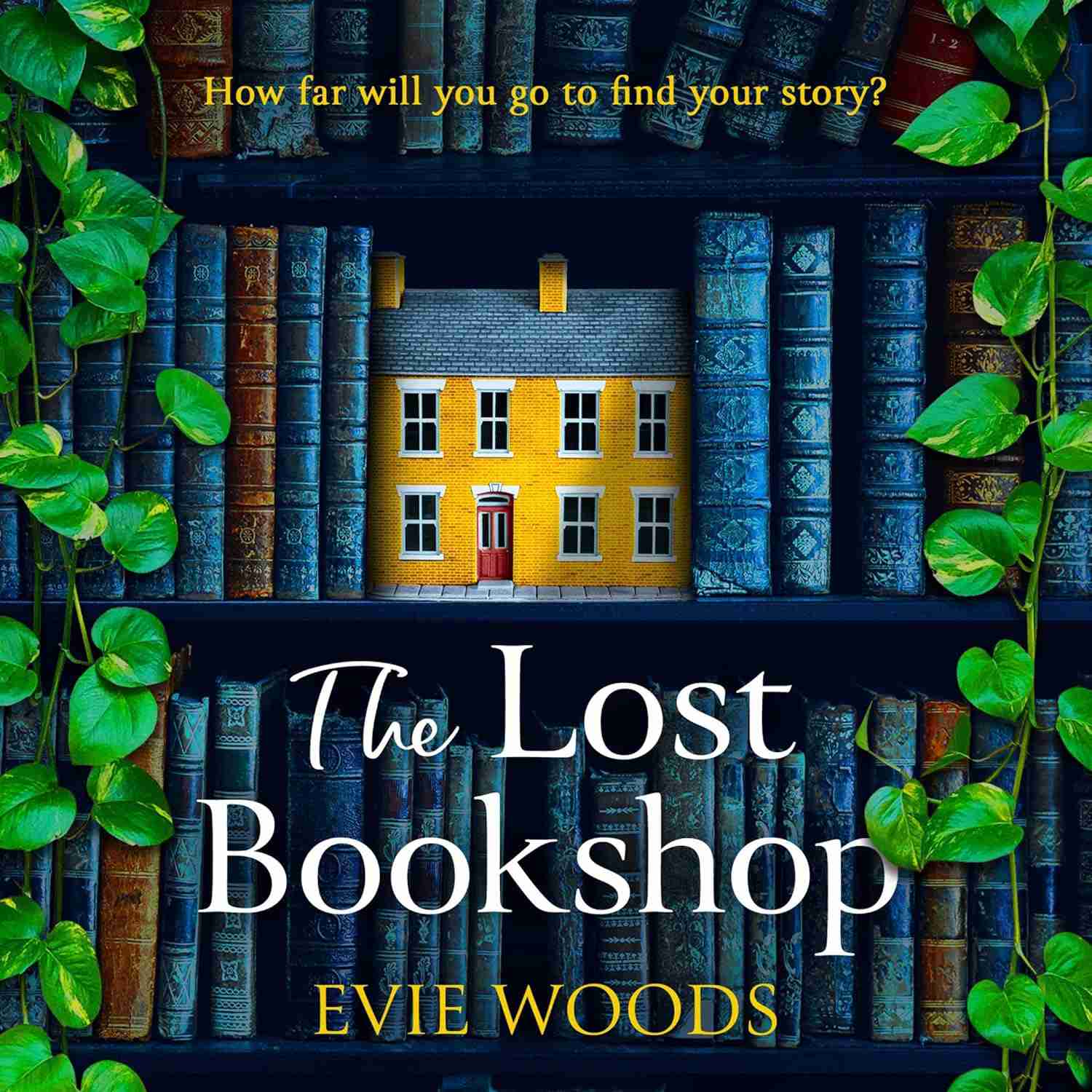
From the moment I cracked open 'The Lost Bookshop,' I was transported. The scent of old paper seemed to waft from the pages as Evie Woods' words wrapped around me like a favorite blanket. This isn't just a book - it's an experience.
What struck me first was how real the bookshop felt. As someone who's spent countless hours browsing dusty shelves in secondhand shops, I recognized that magical quality Woods captures so perfectly. The way certain books seem to call to you? She's bottled that feeling and poured it across every page.
The dual timeline structure kept me hooked. One minute I'm in 1920s Paris with Opaline, feeling her frustration at societal constraints, then suddenly I'm in modern-day England with Martha, whose emotional scars felt painfully real. That transition between chapters where time periods overlap? Pure genius.
I'll admit - Opaline frustrated me at first. Another 'I don't conform!' character, I thought. But then came that breathtaking pregnancy realization scene. In one raw moment, she transformed from trope to truth. That's when I knew this book was special.
The magical realism elements surprised me most. Without spoilers, let's just say I'll never look at my bookshelf the same way again. That scene where a character discovers a book that shouldn't exist? I actually got chills reading in bed at 2AM.
Yes, the ending felt slightly rushed (why do all good books have to end?), but by that point I was so invested in these characters' lives that I would've happily read 300 more pages about their daily routines.
This is more than a novel - it's a love letter to anyone who's ever found solace in stories. When people ask why we readers get so attached to fictional worlds, I'll hand them this book as explanation.

